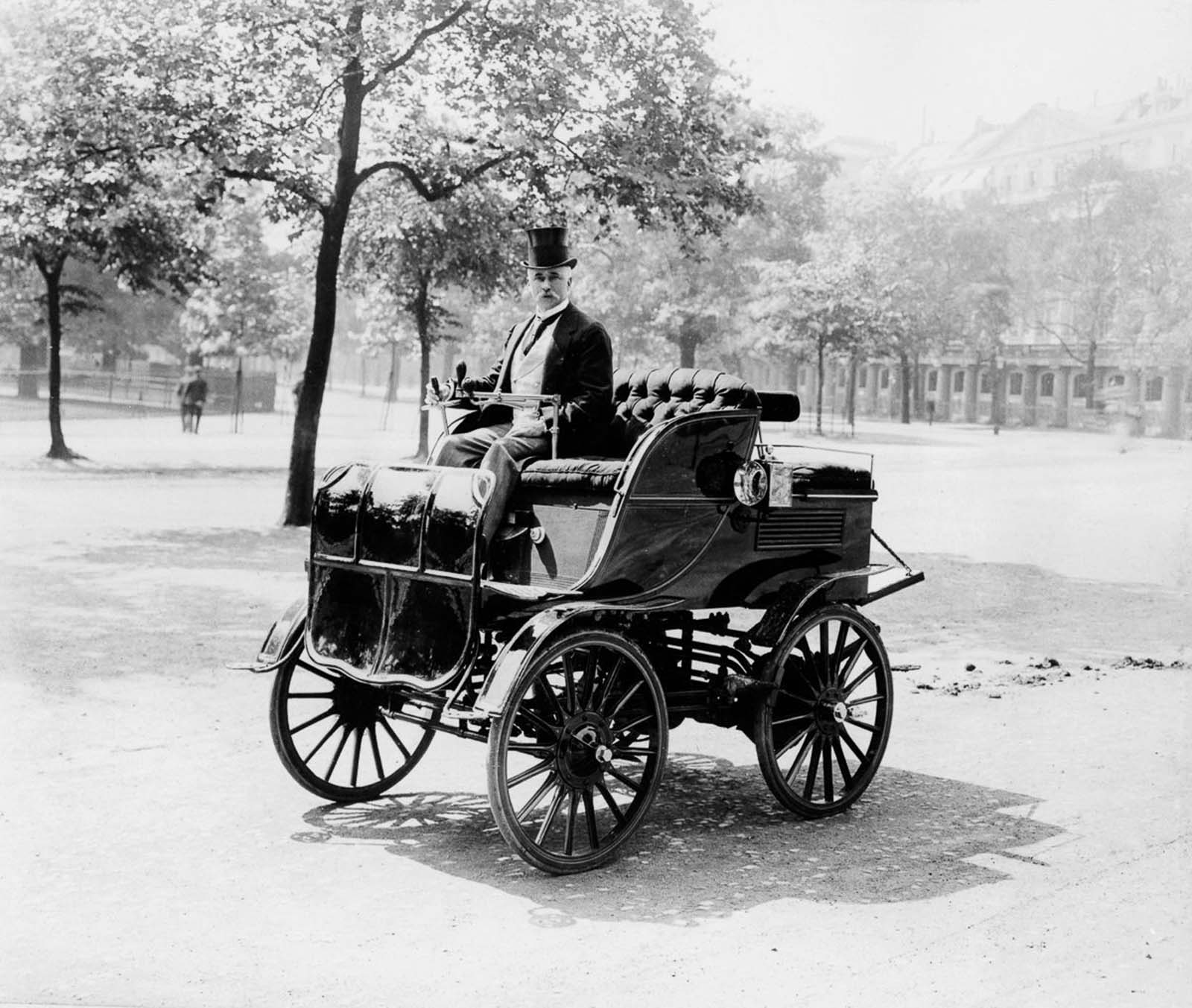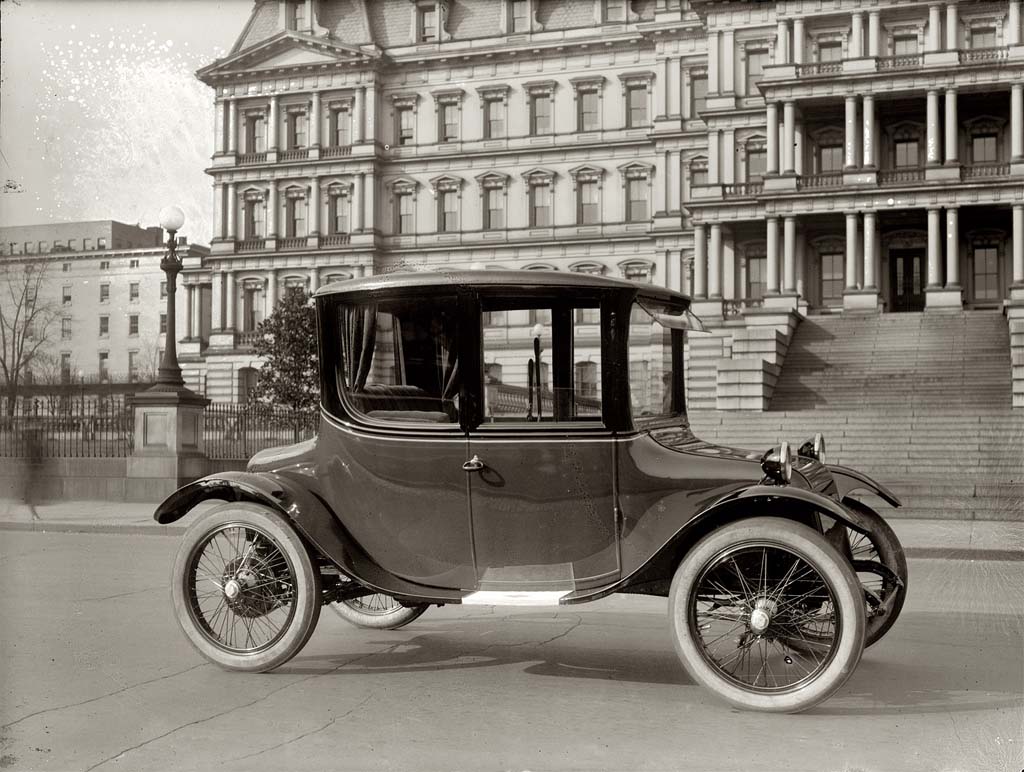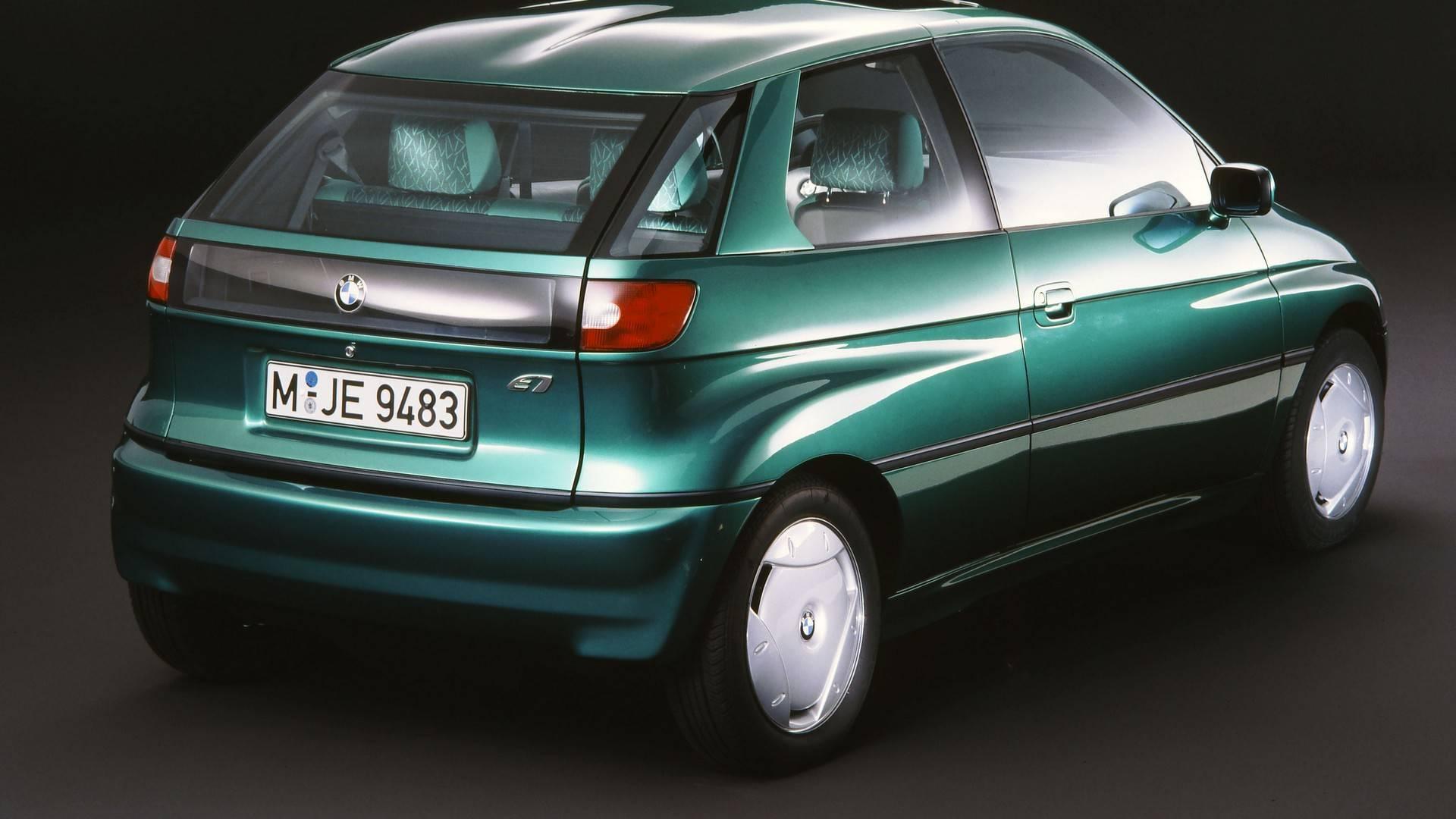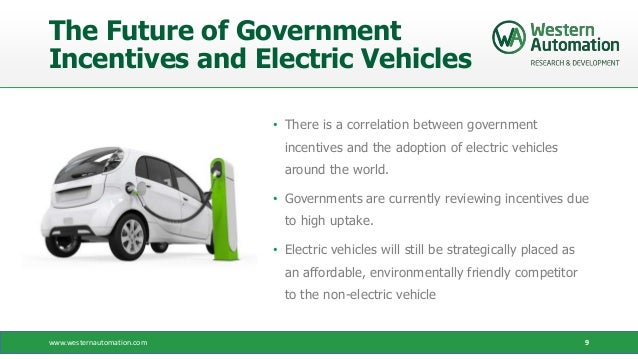History Of The Electric Car Presentation
| Introduction | ||
|---|---|---|
| Electric cars have a long and fascinating history. The development of electric vehicles dates back to the 19th century. The technological advancements and environmental concerns have led to the resurgence of electric cars in recent years. | ||
| 1 | ||
| Early Electric Vehicles | ||
|---|---|---|
| In the early 1800s, inventors like Thomas Davenport and Robert Anderson built the first practical electric vehicles. Electric cars gained popularity in the late 19th century due to their ease of use and lack of noise compared to steam and gasoline-powered vehicles. Limitations such as short range and the need for frequent recharging hindered their widespread adoption. | ||
| 2 | ||
| The Pioneering Era | ||
|---|---|---|
| The 20th century witnessed significant advancements in electric vehicle technology. The Detroit Electric Company, founded in 1907, became one of the most successful electric car manufacturers of the time. Electric vehicles were favored by women due to their simplicity, cleanliness, and ease of operation. | ||
| 3 | ||
| Rise and Decline | ||
|---|---|---|
| The invention of the electric starter motor for internal combustion engines in 1912 gave gasoline-powered vehicles an edge. The discovery of large petroleum reserves and the mass production of affordable gasoline cars further diminished the popularity of electric vehicles. Electric cars became niche vehicles used in specific industries such as delivery services and golf carts. | ||
| 4 | ||
| Rebirth and Modern Electric Cars | ||
|---|---|---|
| The 1990s marked a resurgence of interest in electric vehicles due to concerns about air pollution and the environment. The General Motors EV1, introduced in 1996, was the first mass-produced electric car of the modern era. The Toyota Prius, a hybrid electric vehicle, gained popularity and paved the way for fully electric cars in the early 2000s. | ||
| 5 | ||
| Government Support and Technological Advancements | ||
|---|---|---|
| Governments worldwide introduced incentives and regulations to promote electric vehicles, including tax credits and rebates. Breakthroughs in battery technology, such as lithium-ion batteries, significantly improved the range and performance of electric cars. Companies like Tesla Motors pushed the boundaries of electric vehicle technology, making electric cars more desirable and practical. | ||
| 6 | ||
| Current State of Electric Cars | ||
|---|---|---|
| Electric cars are gaining momentum globally, with sales increasing year by year. Major automakers are investing heavily in electric vehicle research and development. The charging infrastructure is expanding, making electric cars more convenient for long-distance travel. | ||
| 7 | ||
| Benefits of Electric Cars | ||
|---|---|---|
| Electric cars produce zero tailpipe emissions, reducing air pollution and greenhouse gas emissions. Electric cars are quieter, providing a more pleasant driving experience. Lower maintenance costs and reduced dependence on fossil fuels make electric cars more cost-effective in the long run. | ||
| 8 | ||
| Challenges and Future Outlook | ||
|---|---|---|
| Range anxiety, the fear of running out of charge, remains a significant concern for potential electric car buyers. The affordability of electric cars and the accessibility of charging infrastructure need to improve. Continued advancements in battery technology and the integration of renewable energy sources will shape the future of electric cars. | ||
| 9 | ||
| Conclusion | ||
|---|---|---|
| The history of electric cars spans centuries, with periods of popularity, decline, and resurgence. Technological advancements, environmental concerns, and government support have fueled the growth of electric vehicles. Electric cars are becoming an integral part of the transportation landscape, offering a sustainable and efficient alternative to traditional gasoline-powered vehicles. | ||
| 10 | ||
| References (download PPTX file for details) | ||
|---|---|---|
| U.S. Department of Energy. (2021). History of... Smithsonian Institution. (n.d.). The Rise and... Your third bullet... |  | |
| 11 | ||







.png)

